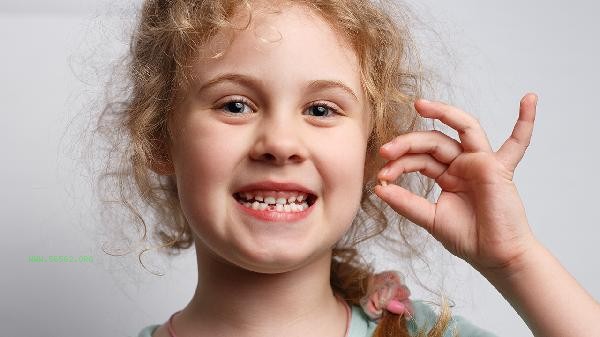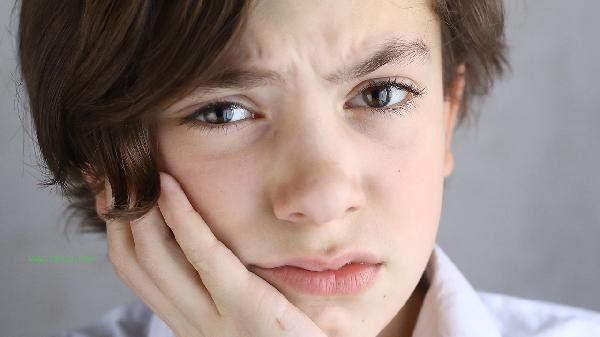During the period when children take traditional Chinese medicine, they should avoid consuming raw, cold, greasy, spicy, volatile, and food that is incompatible with the medicinal properties. Traditional Chinese medicine regulation emphasizes the same origin of medicine and food. Improper diet may affect the efficacy of the medicine or worsen symptoms. Parents should pay special attention to their children's dietary taboos.

1. Cold and raw foods
Cold foods such as ice cream, cold drinks, and raw fish slices can damage the spleen and stomach yang qi, affecting the absorption and transportation of traditional Chinese medicine. Especially when taking warm and nourishing traditional Chinese medicine, cold foods may counteract the efficacy, leading to abdominal pain and diarrhea. Children with weak spleen and stomach should avoid it even more to avoid worsening digestive disorders.
2. Greasy foods
High fat foods such as fried chicken, fatty meat, and cream are difficult to digest and can increase gastrointestinal burden. When taking traditional Chinese medicine for strengthening the spleen and dispelling dampness, greasy foods may hinder the effectiveness of the medicine and easily cause nausea and vomiting. The heat generated by fried foods may also conflict with heat clearing traditional Chinese medicines.
3. Spicy and Stimulating
Spicy and hot ingredients such as chili peppers, Sichuan peppercorns, and ginger may irritate the gastrointestinal mucosa, which conflicts with the properties of traditional Chinese medicine for clearing heat and detoxifying. When taking nourishing yin and reducing fire drugs, spicy food can easily promote internal heat and affect the treatment effect. Children with respiratory diseases should avoid them to prevent worsening cough symptoms.

Fourth, volatile foods
Seafood, lamb, goose and other volatile foods may induce or exacerbate allergic reactions. When patients with skin diseases take traditional Chinese medicine for dispelling wind and dampness, the substances may exacerbate itching. Children with ulcers, swelling, and toxins are prone to recurrent symptoms after consumption, and parents need to strictly control the intake of such foods.
Five, complementary foods
Carrots, ginseng, tea, and other specific food combinations that affect iron absorption can reduce drug efficacy. It is not advisable to drink tea when taking iron containing blood tonifying traditional Chinese medicine, and white radish should be avoided for nourishing traditional Chinese medicine. Parents need to carefully inquire with physicians about specific dietary taboos for medication and avoid food drug interactions.

In addition to paying attention to dietary taboos, it is recommended that children keep an appropriate amount of warm water before and after taking medication. During the medication period, the diet should be light and easy to digest. It is suitable to eat millet Congee, yam mud and other spleen strengthening foods, but the interval between taking the medicine and taking the medicine should be more than one hour. If a child experiences loss of appetite or allergic reactions, they should promptly consult a traditional Chinese medicine practitioner to adjust their medication plan. Maintaining a regular schedule and moderate exercise can also help with drug absorption, but avoid taking medication immediately after intense exercise.









Comments (0)
Leave a Comment
No comments yet
Be the first to share your thoughts!